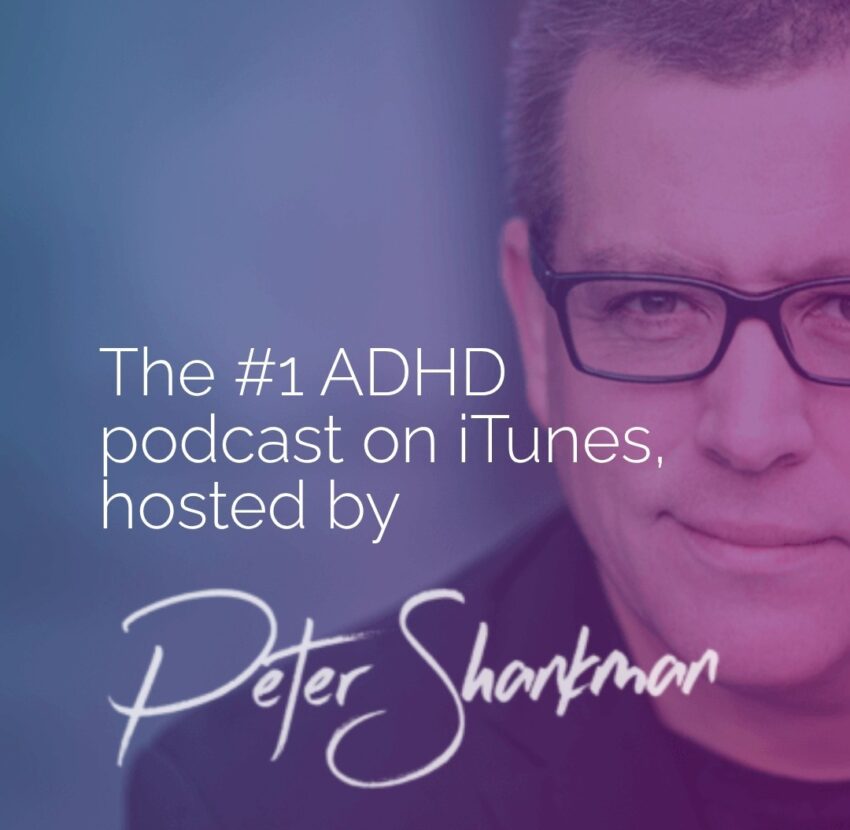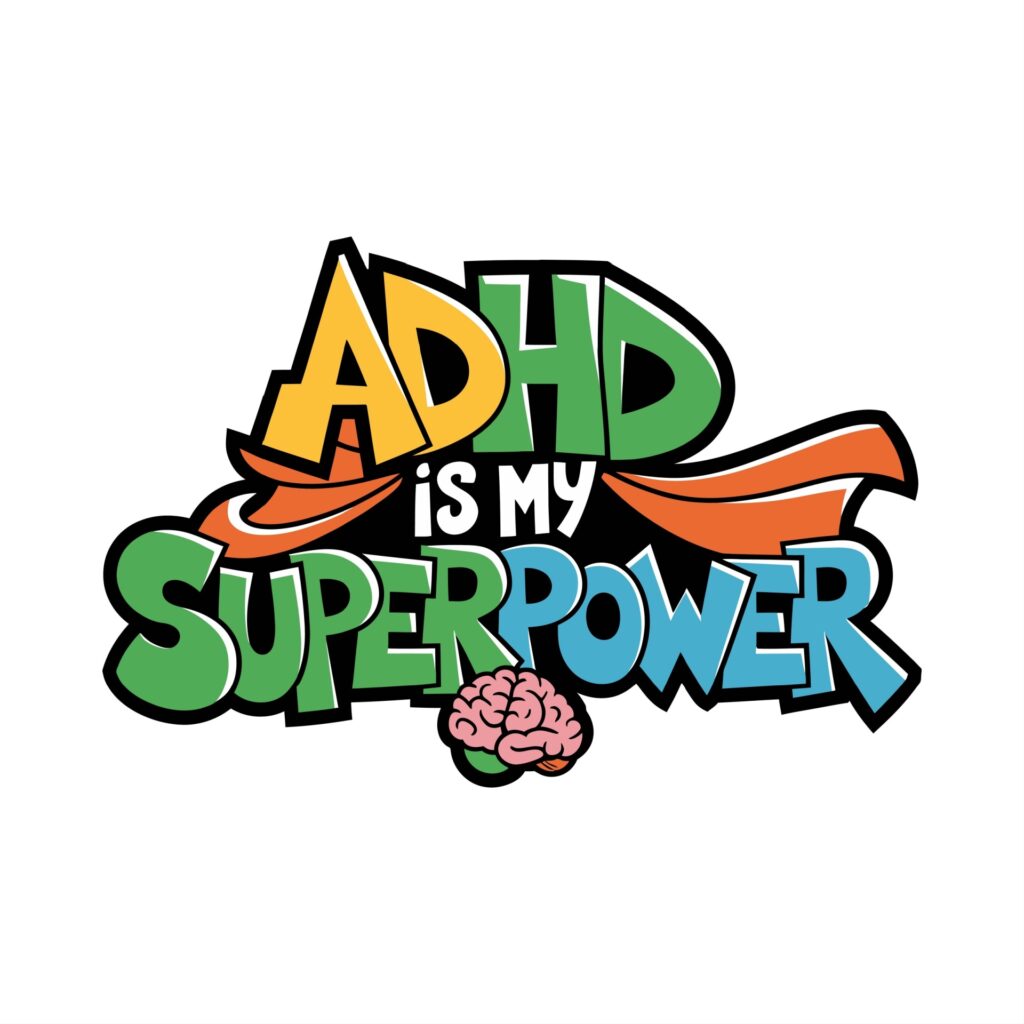If you’ve been wondering whether you might have ADHD—or already know you do but haven’t had time to really address it—summer is the ideal time to take action. College life moves fast, and it’s easy to put your mental health on the back burner during the chaos of midterms, group projects and a busy social life.
Here’s why summer break is a golden opportunity to assess, treat, and plan for success with ADHD:
🧠 1. Time to Focus on You (Without Academic Pressure)
ADHD assessments can take time—especially when they’re thorough. During the school year, trying to squeeze in multiple appointments, reflection exercises, and paperwork between classes can feel overwhelming. Summer gives you more flexibility in your schedule and a calmer mental space to reflect on patterns that may be affecting your focus, motivation, organization, and emotional regulation.
Whether you’re just starting to wonder about ADHD or finally ready to confirm a diagnosis, the breathing room of summer makes it easier to get clarity.
📝 2. You Can Prepare for Fall Accommodations in Advance
Once you get a diagnosis, you may be eligible for academic accommodations—like extended test time, note-taking support, reduced-distraction testing environments, or assignment flexibility. But these don’t happen automatically. Colleges usually require documentation and an approval process through the disability services office.
If you start now, you can have everything in place before the fall semester begins—so you’re not scrambling during midterms when you need that support the most.
💊 3. Time to Find the Right Treatment—Without Class Disruptions
Treatment for ADHD often involves a combination of strategies: medication, therapy, coaching, lifestyle changes, and executive functioning tools. But it takes time to find what works best for you—especially when trying new medications that require adjustments.
Summer gives you the chance to test-drive routines, tweak medications, build structure, and even experiment with strategies like to-do systems or calendar tools—without the pressure of grades hanging over you.
🎯 4. You Can Build Systems That Actually Work for You
One of the hardest parts of ADHD is managing day-to-day functioning: organizing tasks, staying focused, and not procrastinating until the last minute. These skills don’t magically improve with a diagnosis—but they can improve with support and practice.
Use the summer to experiment with:
- Time-blocking your schedule
- ADHD-friendly planners or apps
- Coaching or therapy focused on executive function
- Creating a low-stimulation, organized study space
- Learning how ADHD shows up uniquely for you
🌱 5. You Deserve to Thrive—Not Just Survive
So many students go through college feeling like they’re just barely keeping up, blaming themselves for “laziness,” disorganization, or underperformance—when undiagnosed or untreated ADHD might be the root cause. Getting an assessment and treatment is not about labeling yourself—it’s about understanding your brain and giving yourself the tools to succeed on your terms.
College is challenging enough. You deserve to have the support, insight, and systems that make your life smoother—not harder.
Where to Start:
- Find an ADHD specialist who works with college students (psychiatrists, psychologists, or neuropsychologists)
- Talk to your campus health or counseling center for referrals or assessment resources
- Check your insurance for coverage of psychological evaluations and therapy
- Reach out to your school’s disability services to learn what documentation they require
Final Thought:
Summer is a chance to hit pause—but also to reset. Taking the time now to address your ADHD could transform how you experience the rest of your college years. You’ll return to campus with more awareness, better tools, and real support—ready to thrive, not just push through.
You deserve that. 💡📘





